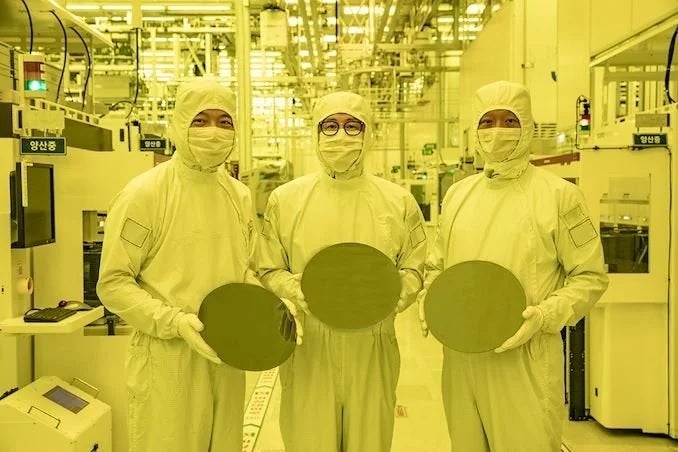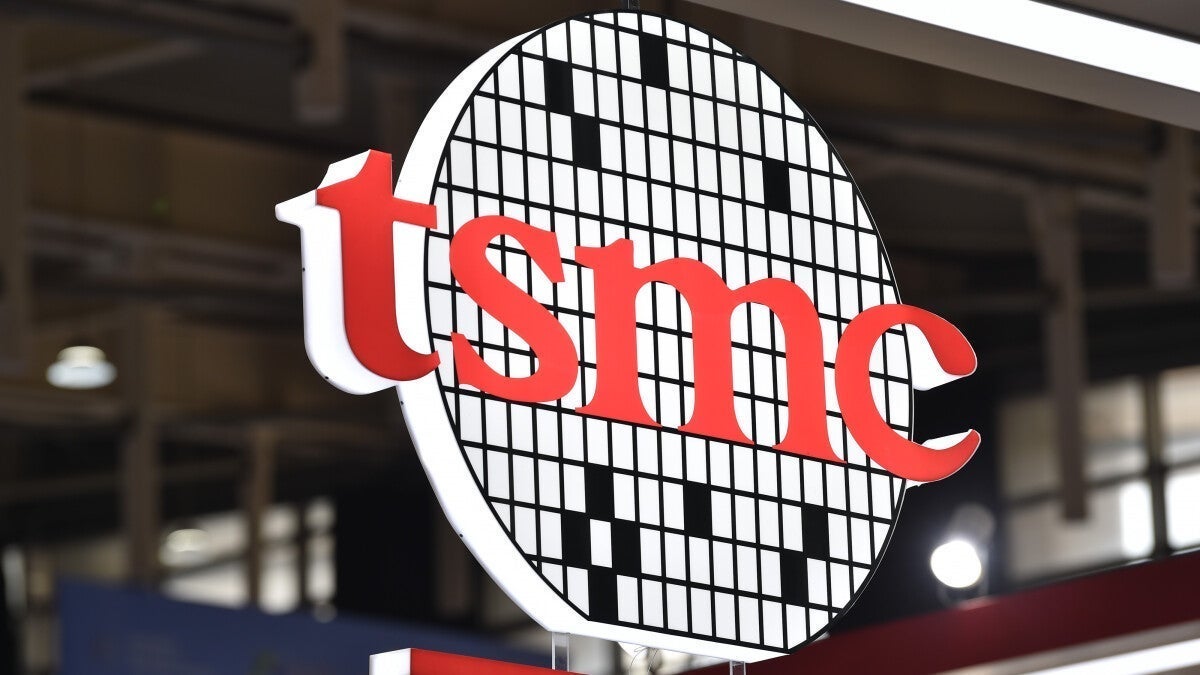The 2025 iPhone 17 series will have a new iPhone model with the ultra-slim iPhone 17 Air reportedly replacing the iPhone 16 Plus. Also making a debut will be two new application processors, the A19 and the A19 Pro. Both will be manufactured by TSMC using its third-generation 3nm process node known as N3P. With the next generation of the 3nm process node being used, TSMC will shoehorn more transistors into the chipset making the processors more powerful and energy efficient.
The A19 and A19 Pro will have a higher transistor count and a higher transistor density than the A18 and A18 Pro that power this year’s iPhone 16 line and are manufactured by TSMC using its second-gen 3nm N3B. This info came from Haitong International Securities analyst Jeff Pu who released a note for clients that was obtained by MacRumors. Interestingly, even though it is rumored to be the most expensive of the 2025 iPhone models, the iPhone 17 Air will be powered by the plain Jane A19 SoC instead of the A19 Pro.

TSMC will start mass production using the 2nm node next year. | Image credit-TSMC
The difference between the A19 and A19 Pro will be the larger number of GPU cores and faster clock speeds in the latter. This will probably be the last series of 3nm application processors for flagship iPhone models since TSMC will start producing 2nm chips in 2026 featuring Gate-All-Around (GAA) transistors. With GAA, the gate completely covers the channel reducing current leaks and increasing the drive current. This results in improved performance, and less power consumption.
With the smaller transistors being used with the third-gen 3nm A19 and A19 Pro, transistor count could rise with some estimating that we could see 25-30 billion transistors inside each A19 Pro AP. To show you how far the industry has come, the A13 Bionic that powered the 2019 iPhone 11 series was produced using TSMC’s 7nm node and each chip carried 8.5 billion transistors. The 3nm node started with 2023’s iPhone 15 Pro and iPhone 15 Pro Max running on the 3nm A17 Pro. This year’s iPhone 16 series uses the second-generation 3nm node for the A18 and A18 Pro.
TSMC remains the world’s largest contract foundry by a large margin with Samsung Foundry second and China’s SMIC third. The latter is also the largest foundry in China.
